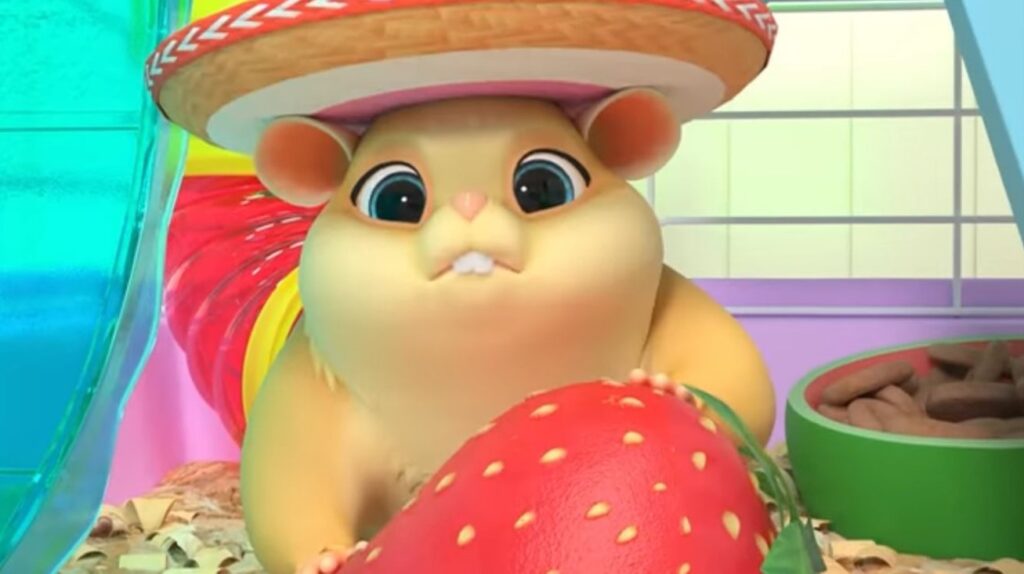Age-Related Dental Care:
As cats age, their dental health becomes increasingly important. Dental issues can cause discomfort, pain, and even systemic health problems.
Here are some key points to consider regarding age-related dental care in cats:
1. Regular dental check-ups:
Just like humans, cats benefit from regular dental check-ups by a veterinarian. These check-ups can help identify any dental problems early on and ensure appropriate treatment.
2. Dental disease prevention:
Practicing good dental hygiene is crucial. Regular brushing of your cat’s teeth can help remove plaque and prevent the buildup of tartar. It’s ideal to start dental care habits when your cat is young, but even older cats can gradually get accustomed to teeth brushing.
3. Dental diets and treats:
Special dental diets and treats are available that can help maintain dental health. These products are designed to reduce plaque and tartar buildup. Consult with your veterinarian to determine the best options for your cat’s specific needs.
4. Dental cleanings:
In some cases, professional dental cleanings may be necessary. These cleanings are typically performed under general anesthesia to thoroughly clean the teeth and remove tartar and plaque. Your veterinarian will advise you on the frequency of dental cleanings based on your cat’s dental health.
5. Dental disease symptoms:
Keep an eye out for signs of dental problems in your cat, including bad breath, drooling, difficulty eating, pawing at the mouth, swollen gums, and tooth discoloration. If you notice any of these symptoms, it’s important to consult with your veterinarian promptly.
6. Tooth extractions:
In advanced cases of dental disease, tooth extractions may be necessary to alleviate pain and prevent further complications. Veterinarians will carefully assess the affected teeth and recommend extractions if required.
Remember, proper dental care is essential for maintaining your cat’s overall health and well-being. Regular veterinary check-ups, preventive measures, and prompt treatment of any dental issues can help keep your cat’s teeth and gums in good condition as they age.
FAQS:
Certainly! Here are some frequently asked questions (FAQs) related to age-related dental care in cats:
1. Why is dental care important for older cats?
Dental care is essential for older cats because they are more prone to dental issues like periodontal disease, tooth decay, and tooth loss. These issues can cause pain, and discomfort, and affect their overall health.
2. How can I tell if my older cat has dental problems?
Watch for signs such as bad breath, drooling, difficulty eating, pawing at the mouth, swollen gums, and tooth discoloration. If you notice any of these symptoms, it’s crucial to consult with your veterinarian.
3. Can I brush my older cat’s teeth, and how often should I do it?
Yes, you can brush your older cat’s teeth. Ideally, you should start brushing when they are young, but older cats can adapt to it gradually. Aim for a few times a week, but consult with your vet for a specific routine based on your cat’s needs.
4. Are there dental treats and diets that can help with dental care in older cats?
Yes, there are special dental treats and diets designed to reduce plaque and tartar buildup in cats. Consult your veterinarian to choose the right products for your cat’s dental health.
5. How often should I schedule professional dental cleanings for my older cat?
The frequency of professional dental cleanings depends on your cat’s dental health. Your veterinarian will recommend a schedule, which may vary from annually to more frequent cleanings for cats with severe dental issues.
6. What are the risks of dental disease in older cats if left untreated?
Untreated dental disease can lead to pain, tooth loss, and difficulty eating. It can also have systemic effects, impacting other organs like the heart and kidneys. Addressing dental issues promptly is crucial for your cat’s overall well-being.
7. Can dental disease in older cats be reversed?
In the early stages, dental disease can often be managed with dental cleanings, home care, and diet adjustments. However, advanced dental disease may require tooth extractions to alleviate pain and prevent further complications.
8. Are there any specific dental care products or toys recommended for older cats?
Some dental toys and products, like dental chews and toys designed to promote chewing, can help with dental health. Discuss with your veterinarian to find products suitable for your older cat.
9. How can I make dental care less stressful for my older cat?
Gradual introduction to tooth brushing, using cat-friendly toothpaste, and offering positive reinforcement (treats and praise) can make dental care less stressful. Patience and consistency are key.
Remember that each cat is unique, and their dental care needs may vary. It’s important to consult with your veterinarian for a personalized dental care plan for your older cat to ensure their dental health and overall well-being.




